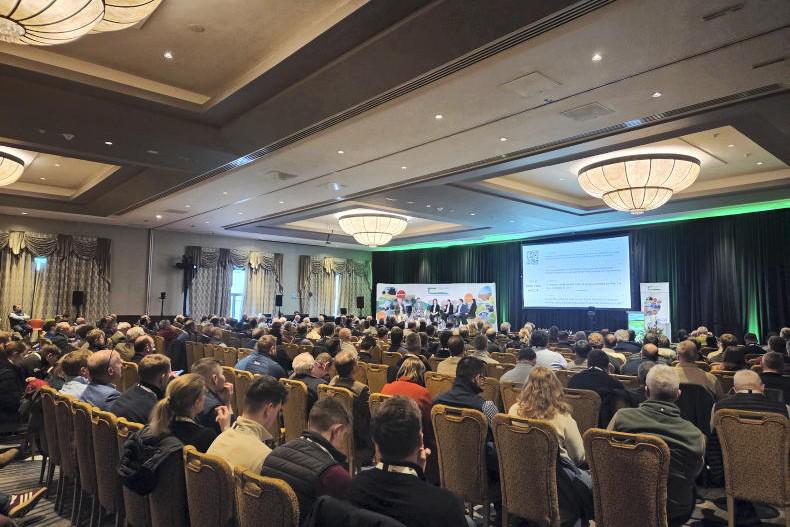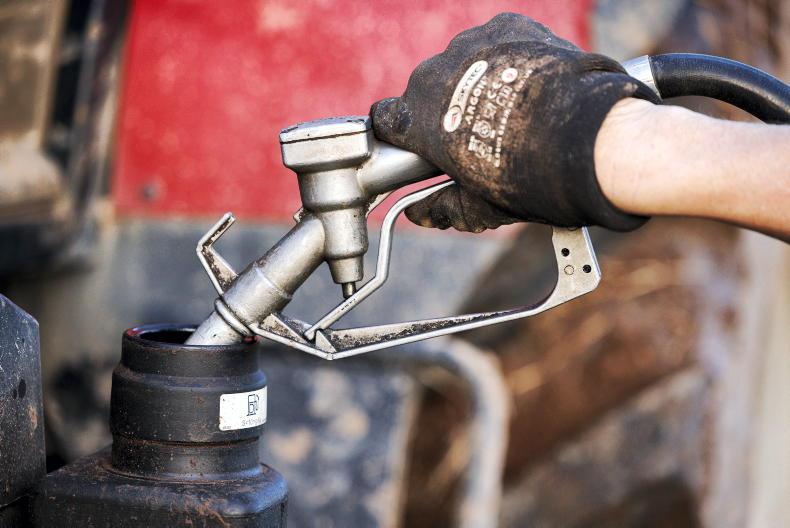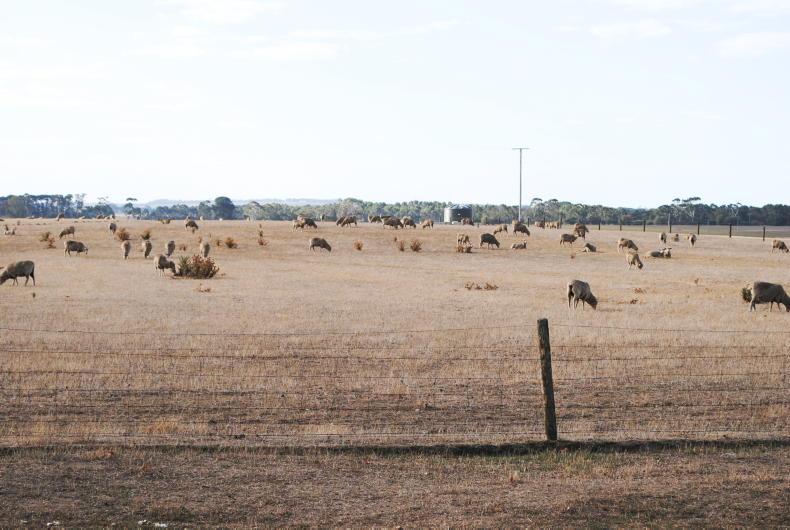Although the war in Ukraine will not affect the availability of food in “privileged” countries like Ireland, there are real consequences for vulnerable regions dependent on importing food for survival, a webinar organised by Colm Markey MEP heard on Tuesday.
Attendees were told that some countries in the Middle East and north Africa are dependent on imported grain for feeding their populations and will have to seek alternatives to Ukraine in sourcing their supplies.
In this context, Ireland has the capacity to ramp up production and fill the gap. However, sustainability goals should not be forgotten in Government’s response to the crisis, the participants said.
Poorer nations struggling
Countries reliant on imported food for survival are now seeking out supplies in a global market experiencing a spike in food inflation and war-induced supply chain disruptions, according to Minister of State at the Department of Foreign Affairs Colm Brophy.
Russia and Ukraine usually supply 12% of global traded calories, which is a "significant amount", Bruegel’s Pauline Weil pointed out.
The webinar also heard that the UN’s World Food Programme, to which Ireland is a strategic partner, sourced 50% of its grain from Ukraine in the years prior to the Russian invasion.
Minister Brophy explained that the humanitarian efforts of such programmes would be faced with cost increases in sourcing these grains or would have to help fewer escape hunger.
When faced with finding alternative imports, “the poorest of the poor start to lose” and lose quickly, he said.
Production and Ireland
Ireland is likely to only see price increases resulting from the disruption caused by Russia’s invasion of Ukraine and the subsequent sanctions imposed by the EU on Moscow, rather than facing outright shortages of foodstuffs, the minister went on.
We need to, which I know is controversial, look at how we ramp up production in other areas which we must do
“We are in that privileged group of countries where we’re not going to see, per se, any type of food shortage,” he explained.
“We need to, which I know is controversial, look at how we ramp up production in other areas which we must do,” he said.
The minister made it clear, however, that filling supply gaps was a short-term action required in light of the current situation and that a “multi-layered” approach focused on regional development and longer-term, system-based solutions were necessary.
Sustainability
The Government’s special envoy and former chair of the Food Vision 2030 policy group, Tom Arnold, reminded attendees that sustainability cannot be forgotten in responding to the Ukrainian crisis.
Arnold also acknowledged Minister McConalogue’s response as including “perfectly sensible things” like setting up the national fodder and feed security committee to determine the “practical measures” that can ensure sufficient feed supplies for the autumn and winter.
“I would see the announcement today (Tuesday) whereby cattle and sheep farmers are being incentivised to produce more silage for the coming season, you know, they are all sensible responses to the new situation,” he said.
Arnold continued saying that he did not accept that there was a “trade-off that has to be made” between “increasing production” and having to “sacrifice environmental standards”.









SHARING OPTIONS